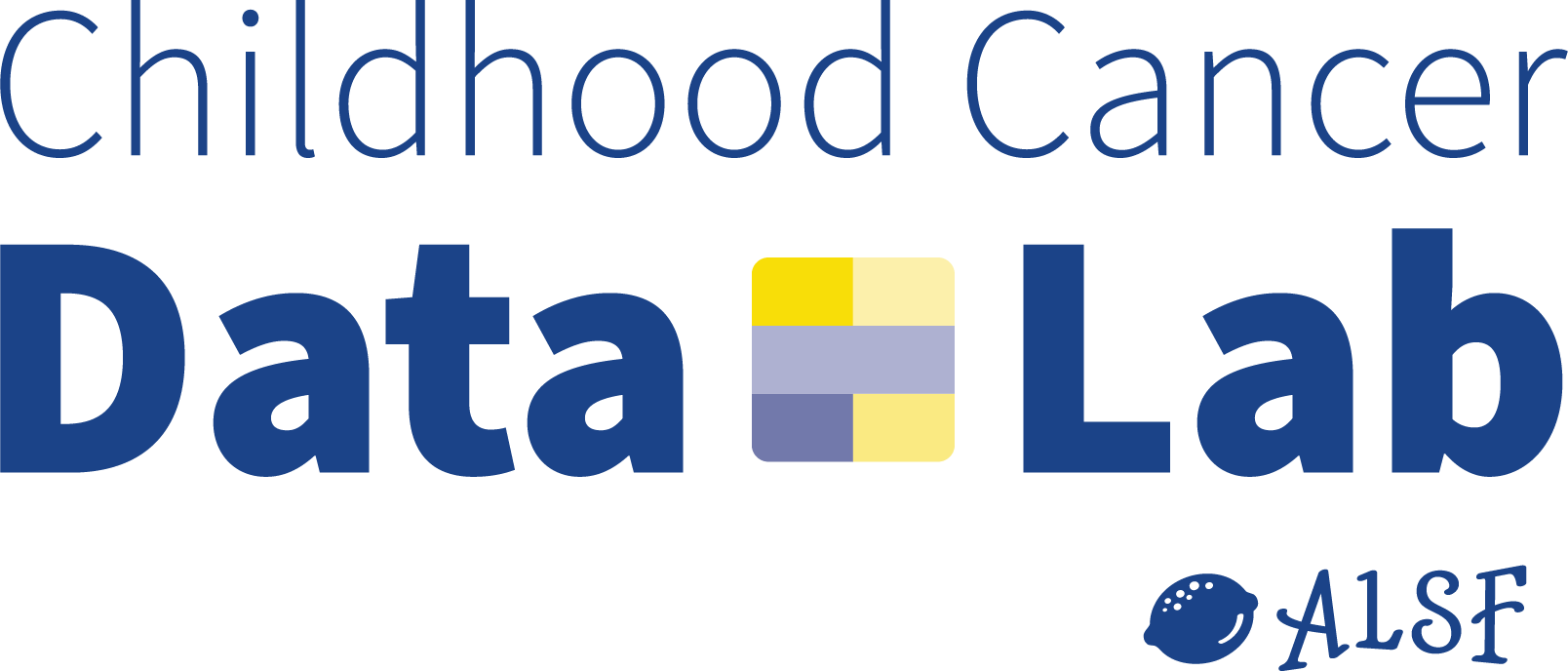40 Downloadable Samples
Cell, Nucleus
10Xv2, 10Xv3, 10Xv3.1
Pediatric solid tumors are rare compared to common adult malignancies and they are also remarkably diverse. For example, rhabdomyosarcomas have features of skeletal muscle, osteosarcomas have features of bone and neuroblastomas have features of cells in the sympathoadrenal lineage. The diversity and rarity of pediatric solid tumors makes it difficult to accelerate biomedical research that can improve patient outcomes. For example, even with the large number of patients treated at St. Jude, it can be difficult to obtain fresh pediatric solid tumor tissue that is suitable for single cell sequencing. To overcome this barrier in the field, we have collaborated with Aviv Regev at the Broad Institute to compare single-cell RNA-sequencing to single-nuclei RNA-sequencing for pediatric solid tumors. Our data show that we can capture the transcriptional heterogeneity of the tumors and the complexity of the tumor microenvironment using single-nuclei RNA-sequencing of patient tumors from the St. Jude biorepository. In addition, over the past 9 years, we have generated 166 orthotopic patient derived xenografts (O-PDXs) representing 21 different pediatric solid tumor types. The O-PDXs and corresponding patient tumors have undergone some of the most comprehensive characterization of any pediatric cancer model including detailed analysis of the clonal heterogeneity (Stewart et al. Nature, 2018). We performed single-cell or single-nuclei RNA-sequencing of 40 tissue samples obtained from Neuroblastoma patients as part of a larger effort to perform single-cell/single-nuclei RNA-sequencing on a large cohort of patient tumors and O-PDXs. This research proposal will fill a fundamental gap in our knowledge of the transcriptome heterogeneity across pediatric solid tumor clones and of the normal cells found in the tumor microenvironment.
We would greatly appreciate if you cite the listed publications when using this data.
4 Downloadable Samples
Nucleus
10Xv3.1
Neuroblastoma is a devastating pediatric cancer, with approximately 50% of diagnosed children experiencing recurrent disease despite aggressive multimodal treatments. Overcoming drug resistance represents a critical challenge in the management of this disease. Leveraging the power of single-cell genomics, we aim to deepen our understanding of neuroblastoma biology, particularly in elucidating complex processes that are not amenable to traditional bulk DNA/RNA sequencing methods, such as cancer cell clonal evolution and therapy resistance. In this study, we conducted a comprehensive single-nuclei RNA sequencing (snRNA-seq) analysis, comparing two sets of paired cell lines: the drug-sensitive CHLA-15 and SMS-KAN, and their drug-resistant counterparts, CHLA20 and SMS-KANR. These cell lines were derived from the same patients, both before and after chemotherapy treatment. Our overarching goal is to unveil distinct cellular states associated with drug resistance by juxtaposing the gene signatures of drug-sensitive and drug-resistant cells.
2 Downloadable Samples
Nucleus
10Xv3.1
Neuroblastoma is a devastating pediatric cancer, with approximately 50% of diagnosed children experiencing recurrent disease despite aggressive multimodal treatments. Overcoming drug resistance represents a critical challenge in the management of this disease. Leveraging the power of single-cell genomics, we aim to deepen our understanding of neuroblastoma biology, particularly in elucidating complex processes that are not amenable to traditional bulk DNA/RNA sequencing methods, such as cancer cell clonal evolution and therapy resistance.
In this study, we conducted a comprehensive single-nuclei RNA sequencing (snRNA-seq) analysis, comparing matched PDX lines: the drug-sensitive COG-N-603x and its drug-resistant counterpart COG-N-623x, derived from the same patient before and after chemotherapy treatment. Our overarching goal is to unveil distinct cellular states associated with drug resistance by juxtaposing the gene signatures of drug-sensitive and drug-resistant cells.

